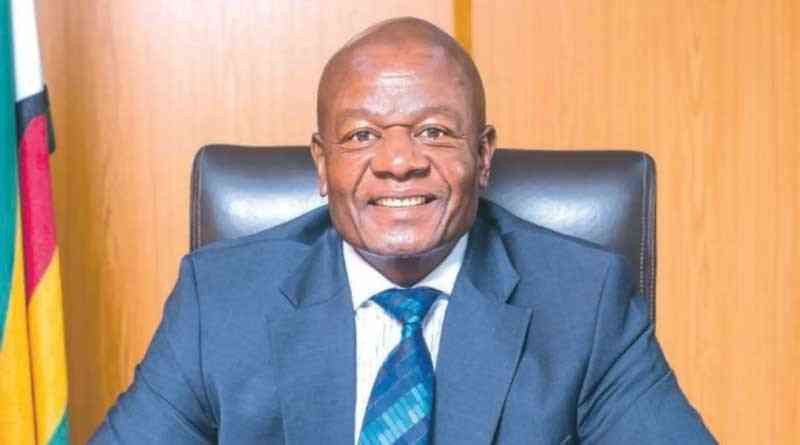
SOUTH African cement manufacturer, PPC Limited, has revealed that the group is constructing a 30 megawatt (MW) solar programme in Zimbabwe to reduce energy costs and its reliance on grid-supplied electricity.
According to PPC, energy deficits in South Africa and Zimbabwe are driving alternative energy investments.
“PPC advanced four new renewable energy initiatives in South Africa and Zimbabwe. These include embedded solar projects at the Slurry and Dwaalboom operations, a wheeling solar project supplying electricity to all four integrated South African plants and a wind power project in the final stages of approval,” PPC said in its 2025 integrated report for the period ended March 31, 2025.
“In Zimbabwe, the group is developing a 30 megawatt solar programme with a 20 megawatt embedded plant and battery storage at Colleen Bawn and a further 10 megawatt plant at Bulawayo. Together, these initiatives support PPC’s decarbonisation strategy, lower energy costs, and reduce reliance on grid-supplied electricity.”
PPC noted in its financial year that local operations were characterised by operational and market-related challenges, with power supply shortfalls driving the former.
“Power supply disruptions led to multiple stoppages at the Harare and Colleen Bawn plants. Unreliable rail transport delayed deliveries of key raw materials,” PPC said.
“Despite these challenges, PPC Zimbabwe optimised its supply chain to improve delivery turnaround times and adjusted its production approach to reduce costs and improve efficiency. On the market front, the business operated within a changing regulatory environment.”
PPC said amendments to the Finance Act, implemented in January 2024, restricted sales to customers not registered for value added tax and introduced surcharges for non-compliant transactions.
- Mavhunga puts DeMbare into Chibuku quarterfinals
- Bulls to charge into Zimbabwe gold stocks
- Ndiraya concerned as goals dry up
- Letters: How solar power is transforming African farms
Keep Reading
“Combined with a weaker agricultural sector and higher interest rates, these measures suppressed domestic demand. In January 2025, the government lifted import restrictions, resulting in a surge of low-cost cement imports, especially from Zambia,” PPC said.
“These imports created pricing pressure and distorted local market dynamics. PPC Zimbabwe responded with targeted customer discounts and internal efficiency improvements to defend its market position.”
During the period under review, PPC Zimbabwe’s operations delivered strong cash flow growth, with net cash increasing to ZAR118 million from a prior year comparative of ZAR40 million.
“PPC Zimbabwe achieved strong results despite a 5,5% decline in volumes. Revenue fell by 6,7% to ZAR3,1 billion, but a sharp reduction in input and logistics costs lifted EBITDA by 26% to a record ZAR849 million,” PPC said.
“The EBITDA margin improved to 27,2%. The business remains debt-free with ZAR118 million in unrestricted cash, of which 94% is held in hard currencies. It declared and paid US$13 million in dividends, reinforcing its role in delivering sustainable value for the group.”
PPC is seeking energy stability to tap into an expected rebound in construction.
“The anticipated rebound is linked to improved agricultural output and stronger commodity prices,” PPC said.
“Infrastructure investment could benefit from this economic momentum, but the uncertainties around government infrastructure spending and private sector confidence remain key factors.”
PPC said it would continue to focus on reducing input costs, expanding its product offering, and defending market share in an increasingly competitive environment for its local subsidiary.
“Capital preservation, foreign currency liquidity and shareholder returns will remain key priorities,” the cement maker said.
“The business will also support national infrastructure delivery while advancing its sustainability strategy, including investments in renewable energy and emission reduction.”










